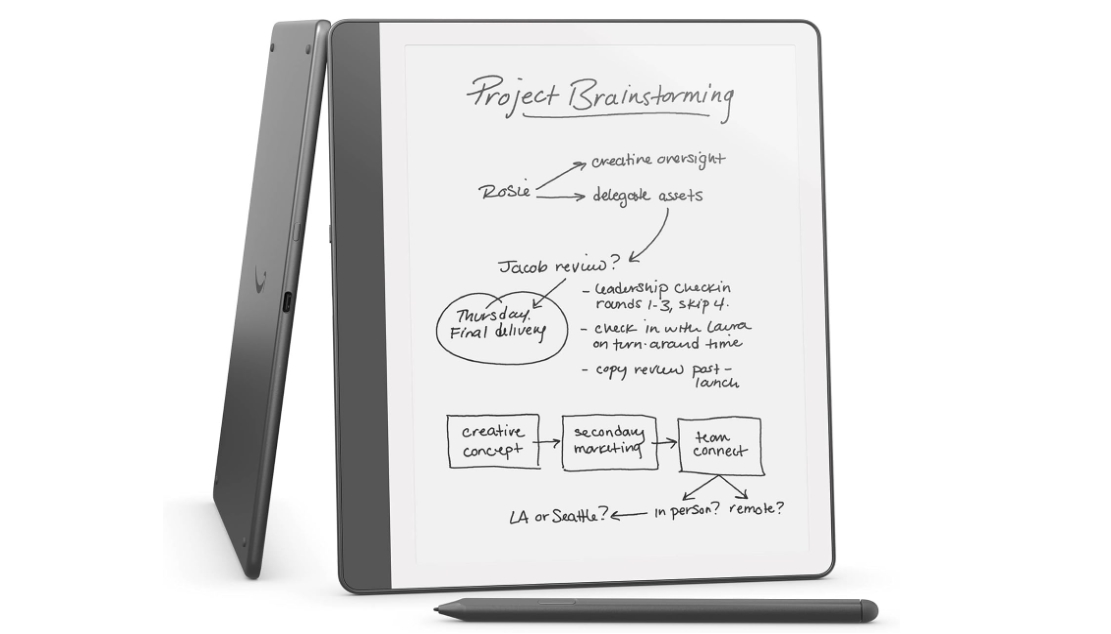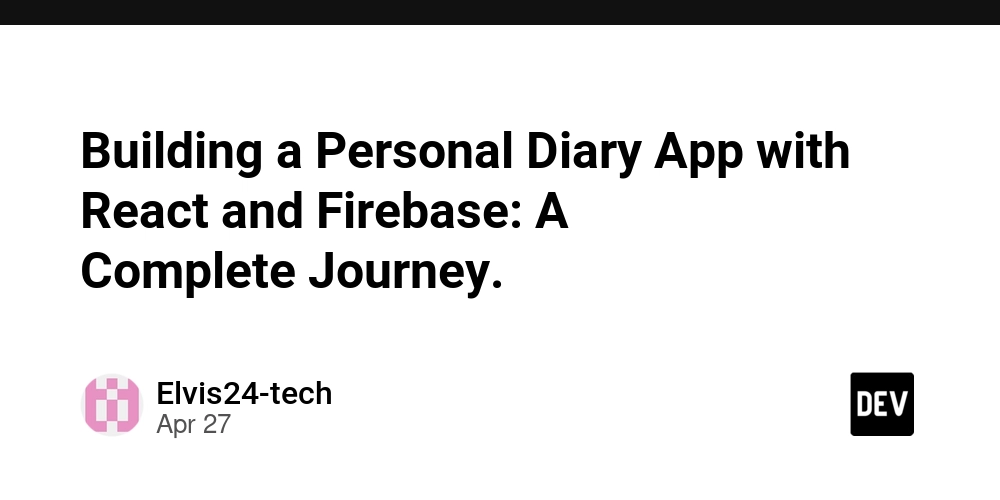The Pros and Cons of Creating Your Own Libraries for Frontend Development
Introduction In frontend development, engineers frequently face the decision of whether to build their own libraries or leverage existing open source solutions. While creating custom libraries can offer certain advantages, the modern development landscape increasingly favors using well-established open source libraries. This article examines both approaches to help teams make informed decisions. Advantages of Creating Your Own Libraries Perfect Fit for Your Needs Custom libraries can be designed specifically for your project's requirements No unnecessary features or bloat that comes with generic solutions Ability to make architectural decisions that align perfectly with your stack No Dependency Risks Complete control over updates and maintenance No concerns about open source projects being abandoned Avoid "dependency hell" where library updates break your code Intellectual Property Control Full ownership of the codebase No licensing restrictions or compliance concerns Ability to protect proprietary algorithms or approaches Performance Optimization Can be fine-tuned for your specific use cases No overhead from unused features Potential for better performance in your exact scenario Disadvantages of Creating Your Own Libraries Substantial Development Cost Requires significant time and resources to build and maintain Diverts attention from core product development Ongoing maintenance becomes a permanent responsibility Lack of Community Support No community to report bugs or suggest improvements Limited pool of developers familiar with your custom solution All troubleshooting falls on your team Missing Features and Edge Cases Likely to overlook edge cases that established libraries handle Feature gaps compared to mature solutions Constant catch-up with industry standards Testing Burden Full responsibility for writing and maintaining tests No large user base to surface bugs quickly Must develop comprehensive test coverage from scratch Why Open Source Libraries Are Generally Preferable Proven Solutions Open source libraries have been battle-tested in countless production environments Benefit from the collective experience of thousands of developers Most bugs and edge cases have already been identified and fixed Rapid Development Immediate access to robust functionality Faster time-to-market for your products Focus development efforts on unique business logic rather than reinventing wheels Community and Ecosystem Large communities contribute improvements and fixes Extensive documentation and learning resources available Often comes with supporting tools, plugins, and integrations Cost Efficiency No development cost for the core functionality Shared maintenance burden across many organizations Access to enterprise-grade solutions without the price tag Talent Pool Easier to hire developers familiar with popular libraries Reduced onboarding time for new team members Standardized approaches make collaboration easier When Building Your Own Library Makes Sense While open source solutions are generally preferable, there are scenarios where custom development may be warranted: Unique Requirements - When your needs are truly novel and existing solutions can't be adapted Strategic Differentiation - When the library provides genuine competitive advantage Extreme Performance Needs - When every millisecond matters and you can outperform generic solutions Regulatory Constraints - When legal or compliance requirements prevent using open source Conclusion For most frontend development teams, leveraging open source libraries provides the best balance of speed, reliability, and cost-effectiveness. The advantages of community-supported, well-tested solutions typically outweigh the benefits of custom development. While there are valid cases for building your own libraries, they should be the exception rather than the rule in modern frontend development. Teams should carefully evaluate their specific needs, resources, and long-term maintenance capabilities before committing to custom library development. In most cases, contributing to existing open source projects or creating lightweight wrappers around them offers a more sustainable approach than building from scratch.

Introduction
In frontend development, engineers frequently face the decision of whether to build their own libraries or leverage existing open source solutions. While creating custom libraries can offer certain advantages, the modern development landscape increasingly favors using well-established open source libraries. This article examines both approaches to help teams make informed decisions.
Advantages of Creating Your Own Libraries
-
Perfect Fit for Your Needs
- Custom libraries can be designed specifically for your project's requirements
- No unnecessary features or bloat that comes with generic solutions
- Ability to make architectural decisions that align perfectly with your stack
-
No Dependency Risks
- Complete control over updates and maintenance
- No concerns about open source projects being abandoned
- Avoid "dependency hell" where library updates break your code
-
Intellectual Property Control
- Full ownership of the codebase
- No licensing restrictions or compliance concerns
- Ability to protect proprietary algorithms or approaches
-
Performance Optimization
- Can be fine-tuned for your specific use cases
- No overhead from unused features
- Potential for better performance in your exact scenario
Disadvantages of Creating Your Own Libraries
-
Substantial Development Cost
- Requires significant time and resources to build and maintain
- Diverts attention from core product development
- Ongoing maintenance becomes a permanent responsibility
-
Lack of Community Support
- No community to report bugs or suggest improvements
- Limited pool of developers familiar with your custom solution
- All troubleshooting falls on your team
-
Missing Features and Edge Cases
- Likely to overlook edge cases that established libraries handle
- Feature gaps compared to mature solutions
- Constant catch-up with industry standards
-
Testing Burden
- Full responsibility for writing and maintaining tests
- No large user base to surface bugs quickly
- Must develop comprehensive test coverage from scratch
Why Open Source Libraries Are Generally Preferable
-
Proven Solutions
- Open source libraries have been battle-tested in countless production environments
- Benefit from the collective experience of thousands of developers
- Most bugs and edge cases have already been identified and fixed
-
Rapid Development
- Immediate access to robust functionality
- Faster time-to-market for your products
- Focus development efforts on unique business logic rather than reinventing wheels
-
Community and Ecosystem
- Large communities contribute improvements and fixes
- Extensive documentation and learning resources available
- Often comes with supporting tools, plugins, and integrations
-
Cost Efficiency
- No development cost for the core functionality
- Shared maintenance burden across many organizations
- Access to enterprise-grade solutions without the price tag
-
Talent Pool
- Easier to hire developers familiar with popular libraries
- Reduced onboarding time for new team members
- Standardized approaches make collaboration easier
When Building Your Own Library Makes Sense
While open source solutions are generally preferable, there are scenarios where custom development may be warranted:
- Unique Requirements - When your needs are truly novel and existing solutions can't be adapted
- Strategic Differentiation - When the library provides genuine competitive advantage
- Extreme Performance Needs - When every millisecond matters and you can outperform generic solutions
- Regulatory Constraints - When legal or compliance requirements prevent using open source
Conclusion
For most frontend development teams, leveraging open source libraries provides the best balance of speed, reliability, and cost-effectiveness. The advantages of community-supported, well-tested solutions typically outweigh the benefits of custom development. While there are valid cases for building your own libraries, they should be the exception rather than the rule in modern frontend development.
Teams should carefully evaluate their specific needs, resources, and long-term maintenance capabilities before committing to custom library development. In most cases, contributing to existing open source projects or creating lightweight wrappers around them offers a more sustainable approach than building from scratch.







































































































































































![[The AI Show Episode 146]: Rise of “AI-First” Companies, AI Job Disruption, GPT-4o Update Gets Rolled Back, How Big Consulting Firms Use AI, and Meta AI App](https://www.marketingaiinstitute.com/hubfs/ep%20146%20cover.png)







































































































































































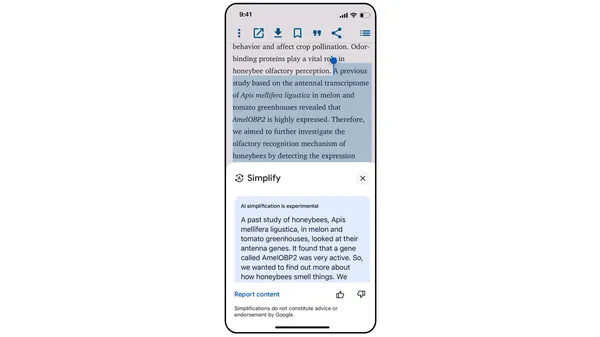

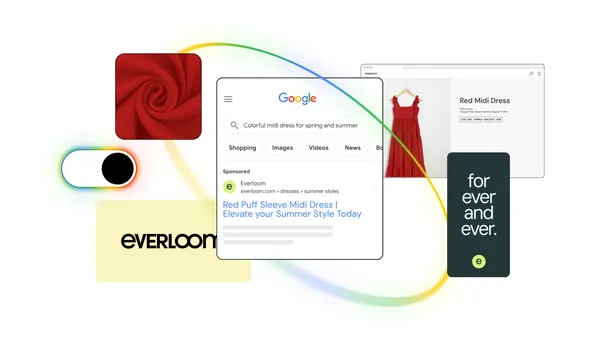






.jpg?width=1920&height=1920&fit=bounds&quality=70&format=jpg&auto=webp#)




















































































_Brian_Jackson_Alamy.jpg?width=1280&auto=webp&quality=80&disable=upscale#)

_Steven_Jones_Alamy.jpg?width=1280&auto=webp&quality=80&disable=upscale#)


 Stolen 884,000 Credit Card Details on 13 Million Clicks from Users Worldwide.webp?#)



















































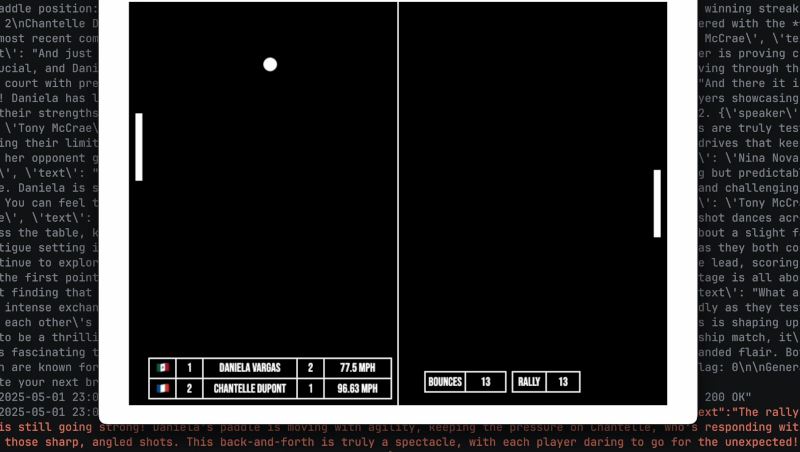































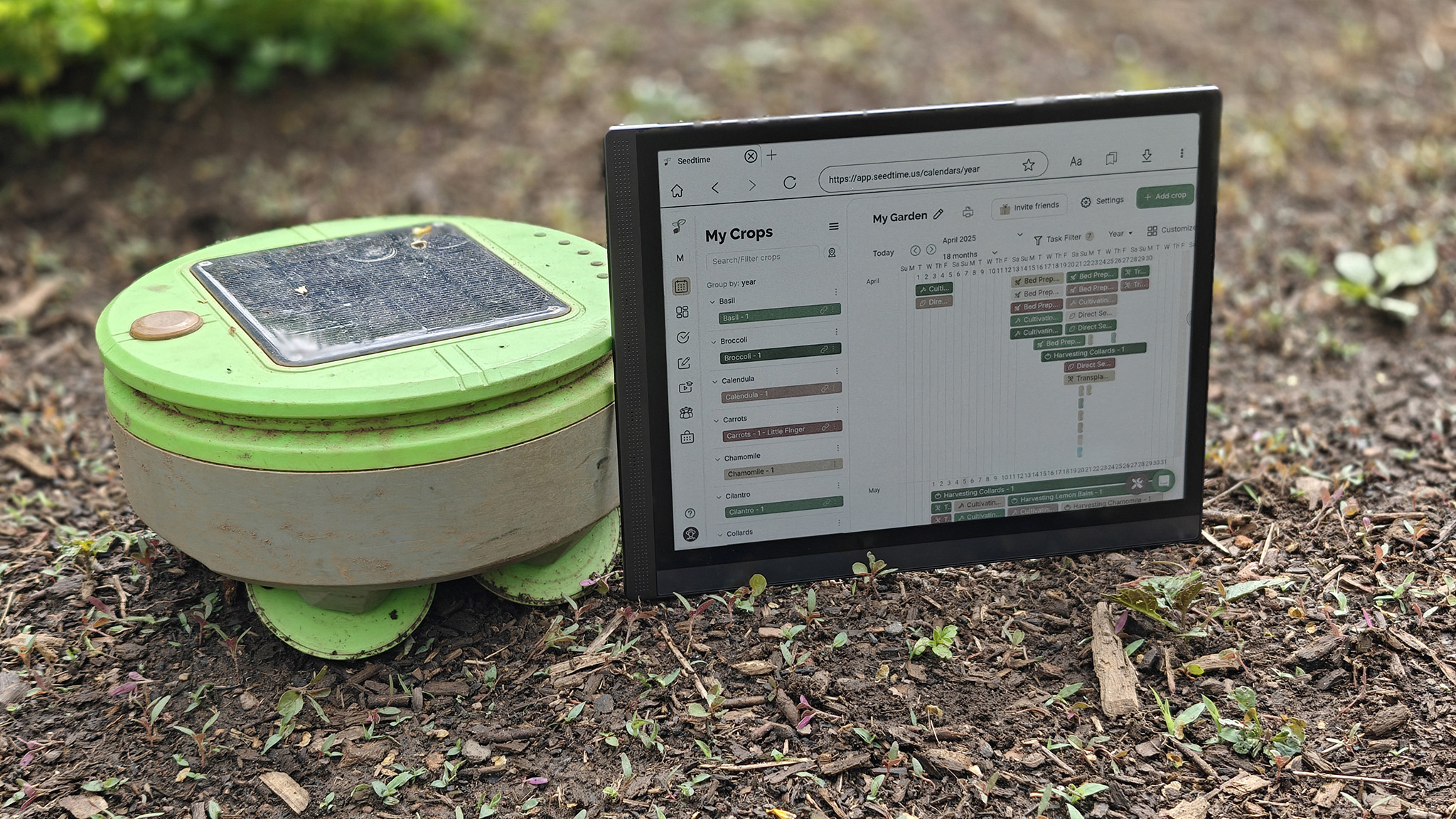
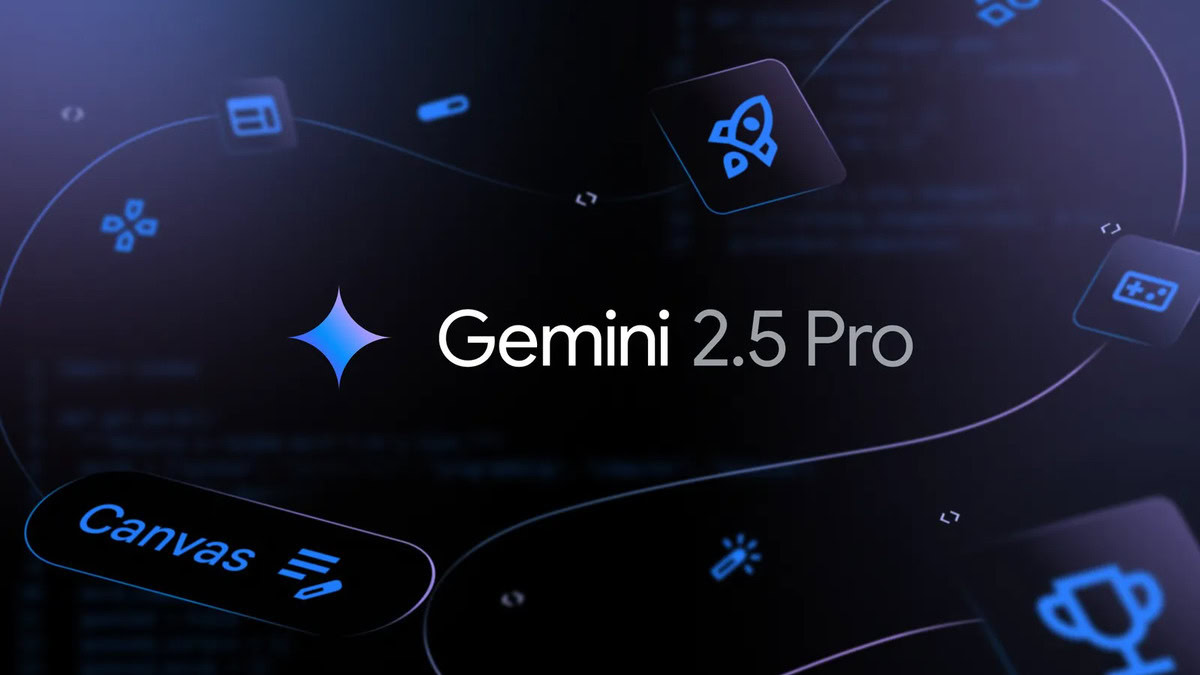









![Google rolling out Nest Wifi Pro April 2025 update [U]](https://i0.wp.com/9to5google.com/wp-content/uploads/sites/4/2022/10/Nest-Wifi-Pro-1.jpg?resize=1200%2C628&quality=82&strip=all&ssl=1)












![Apple Seeds visionOS 2.5 RC to Developers [Download]](https://www.iclarified.com/images/news/97240/97240/97240-640.jpg)
![Apple Seeds tvOS 18.5 RC to Developers [Download]](https://www.iclarified.com/images/news/97243/97243/97243-640.jpg)

![Apple Releases macOS Sequoia 15.5 RC to Developers [Download]](https://www.iclarified.com/images/news/97245/97245/97245-640.jpg)












